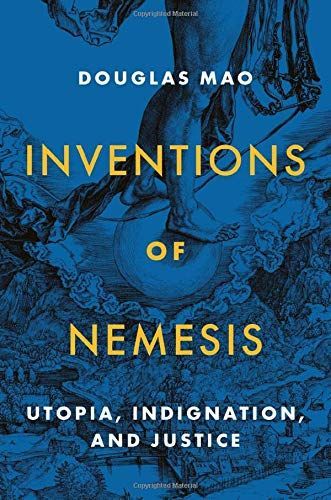
Inventions of Nemesis Utopia, Indignation, and Justice
"Examining utopian writings and other texts that focus on ideal societies, from Greek antiquity to the present, this book offers a fresh take on utopian thought. Mao begins with the observation that utopian ideas often are propelled by an angry conviction that society is badly arranged. In an introduction and three long chapters, he argues that utopia's most basic aim has not been to secure happiness, material welfare, or even order, but instead to establish justice, understood as a condition of right arrangement in which all receive what they ought to receive. Mao's analysis, grounded in literary studies, encompasses a broad range of literary and non-literary works, from canonical utopian writings (Plato's Republic, More's Utopia, Bellamy's Looking Backward) to a broad range of other works, including novels and philosophical writings, from Europe and the United States. It considers utopia in relation to the goal of justice, examining at length the question of utopian indignation, and situates utopian imagining in relation to human migration across national boundaries. In the author's view, a rethinking of key assumptions about utopian ideas is important at a time when public interest in utopia is high, and when questions about what an ideal society could mean "have never been more searching.""--